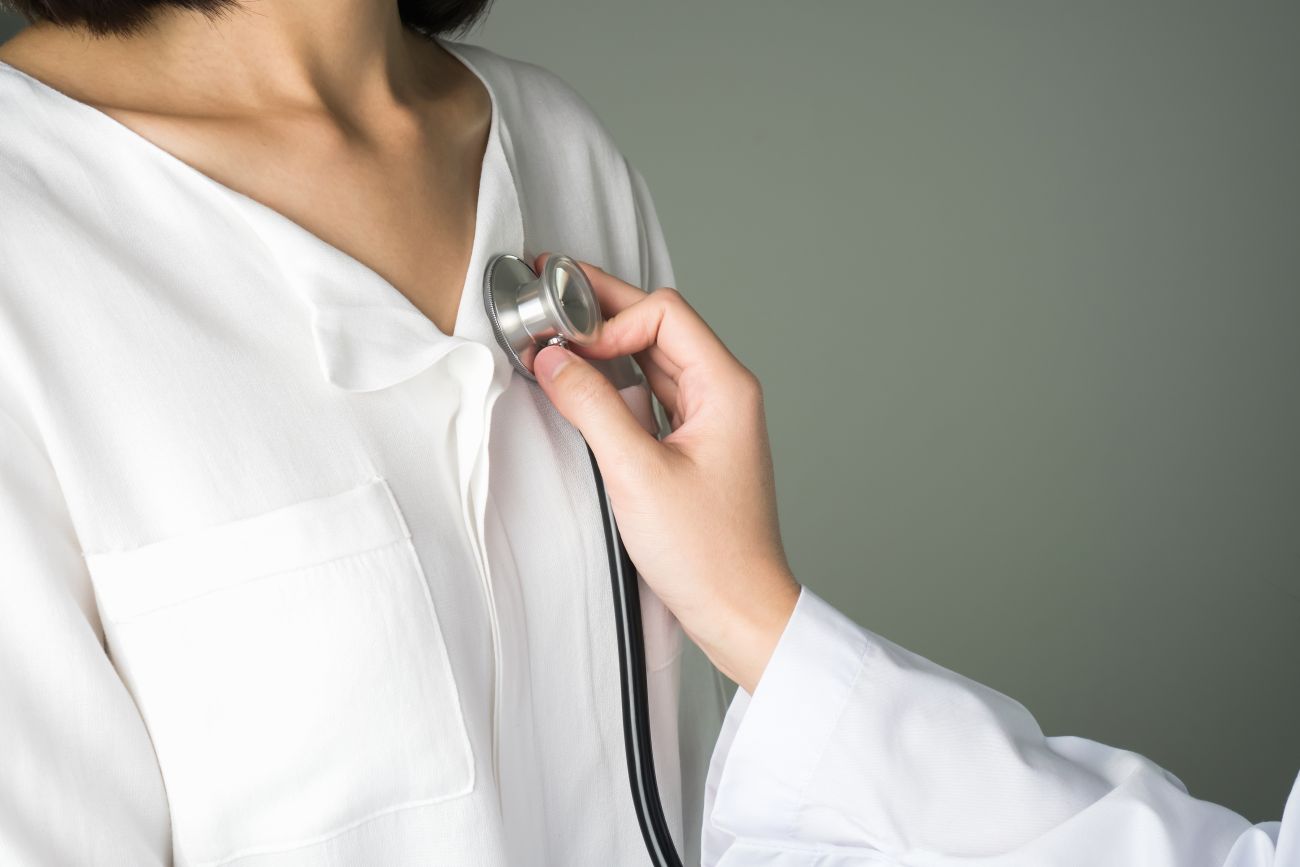Heart disease is an umbrella term that includes several different diseases that affect the heart or blood vessels. Fortunately, you can learn everything about heart disease with a search online, which could help you spot the early symptoms.
These include abnormalities in your heart’s structure, diseases of the blood vessels to and from the heart, abnormal heart rate, and heart attacks. If you think you or someone you know is suffering from heart disease, here are some common questions.
What are the early signs of heart disease?
Early warning signs of heart disease include:
- Chest pain;
- Shortness of breath;
- Pain radiating to the left arm, upper neck, or shoulder, and;
- Indigestion.
According to the Center for Disease Control and Prevention (CDC), although 92 percent of people surveyed recognized chest pain as a sign of heart disease, only 27 percent were aware of any other symptoms. Also, about 47 percent of all heart attacks occur somewhere other than the hospital which suggests people do not act quickly enough in response to early signs.
What are the four most common types of heart disease?
The four most common types of heart disease are:
1. Coronary Artery Disease
Coronary artery disease develops when your normally elastic arteries become hardened due to plaque build-up and are subsequently narrowed or even completely blocked. This restricts normal blood flow to your heart and may cause angina or a heart attack.
According to the CDC, coronary heart disease is the most common type of heart disease in the U.S. In fact, it is responsible for more than 370,000 deaths per year.
2. Heart Arrhythmias
A heart arrhythmia is a term used to describe a heartbeat which may be too slow, too fast, or irregular. According to Medical News Today, arrhythmias are caused “by any interruption to the electrical impulses that cause the heart to contract.”
3. Structural Heart Disease
Structural heart disease is any abnormality of the heart’s structure. This can be congenital — meaning that you are born with it — or happen due to damage from a previous heart attack, virus, or other illness.
4. Heart Failure
Heart failure occurs when the heart is unable to pump enough oxygenated blood to meet the body’s nutritional requirements. Therefore, the heart does not stop working, rather it works poorly.
This can strain the heart muscle, causing it to thicken as well as put a strain on the kidneys, which are trying to filter the backlog of fluid the heart can not pump. The results are that your ankles, feet, and heart may become swollen or congested and congestive heart failure develops.
What is a dangerous heart rate?
Normal resting heart rate for an adult is 60 to 100 beats per minute.
Anything under 60 beats per minute is called bradycardia and should be investigated by a physician. However, athletes and those who regularly exercise may have heartbeats under 60 beats, which is normal for them.
A heart rate in excess of 100 beats per minute is called tachycardia. If your heart rate remains elevated over 100 beats per minute when at rest, you should seek medical attention.
How would I know if I had heart disease?
The symptoms of heart disease can be mild and easily overlooked. However, if you have one or more risk factors you should be carefully monitored by your physician. These include:
- Obesity;
- High blood pressure;
- Smoking;
- Sedentary lifestyle;
- High stress;
- Family history of heart disease, and;
- Unhealthy diet.
Can heart disease be cured?
Congenital heart disease, such as a hole in the heart, can often be effectively cured by surgery. The progression of other types of heart disease can be halted or even reversed with lifestyle changes, which include dieting, exercising, reducing stress, and losing weight.
Dr. Dean Ornish conducted studies on patients who were on the waitlist to receive a heart transplant. He concluded, “that with significant lifestyle changes, blood flow to the heart and its ability to pump normally improve in less than a month, and the frequency of chest pains fell by 90 [percent] in that time.”
What foods clean out our arteries?
Your doctor may prescribe blood pressure and cholesterol-lowering medication to help clean out your arteries. Additionally, there are certain foods that can help to reduce or reverses plaque build up in your arteries. These include:
- Turmeric;
- Garlic;
- Ginger;
- Cayenne peppers;
- Ground flaxseed;
- Fermented cabbage;
- Watermelon;
- Spirulina;
- Persimmon;
- Orange juice;
- Olive oil;
- Nuts;
- Green tea;
- Cold-water “fatty” fish;
- Cranberries and;
- Coffee.
What are the signs of an impending heart attack?
According to WebMD, the most common signs of an impending heart attack are:
- Chest discomfort or pain;
- Nausea, indigestion, or heartburn;
- Pain that spread from the chest to the arms, throat, or jaw;
- Dizziness;
- Fatigue;
- Sweating, and;
- Shortness of breath.
When should I be worried about palpitations?
Heart palpitations can feel like your heart is skipping a beat or going too fast. They can be caused by drinking caffeinated beverages, alcohol, smoking cigarettes, or stress.
Heart palpitations normally resolve quickly on their own. However, if you experience palpitations in combination with shortness of breath, dizziness, chest pain, or fainting, you should seek immediate medical assistance.
Outlook
Although heart disease remains the leading cause of death for Americans, there is something that can be done to treat and possibly reverse it. Medications to reduce cholesterol or blood pressure, surgery to fix structural damage, and lifestyle changes are various ways in which heart disease can be successfully treated.
